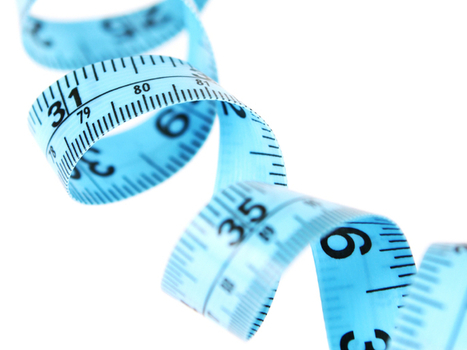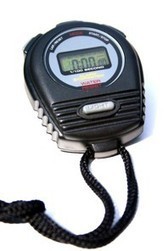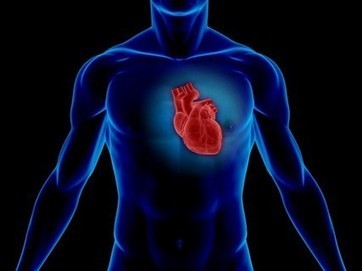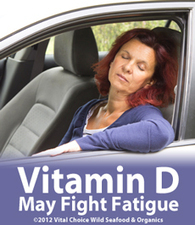CNN | A controversial new study shows a "fringe" alternative treatment for heart disease was effective at preventing heart problems.
It is no surprise that opponents of chelation (often traditional medical professionals involved in conventional heart disease treatments) attribute the benefits of chelation to chance:
>>The AP (11/5, Marchione) reports on a study presented at the American Heart Association meeting in Los Angeles regarding chelation, described as a "treatment that many doctors consider to be fringe medicine unexpectedly showed some promise in a federal study clouded by ethical and scientific controversy, causing debate about the results." The study found that "a chelation mixture...tested in a study of 1,708 heart attack survivors led to fewer complications - repeat heart attacks, strokes, deaths, hospitalization for chest pain or need for an artery-opening procedure." But because of dropouts and incomplete treatments, it is "unclear whether the benefit credited to chelation could have occurred by chance alone."
>>The New York Times (11/5, B4, Pollack, Subscription Publication) reports, "To the surprise of many cardiologists, a controversial alternative therapy proved beneficial to people with heart disease, reducing the rate of death and cardiovascular problems in a clinical trial." Yet, "the benefit of the treatment...barely reached statistical significance, and there were questions about the reliability of the study." Still, "the unexpected finding should provide some vindication to the National Institutes of Health for sponsoring the $30 million study."
>>USA Today (11/5, Szabo) reports the study "is being called a $32 million waste of time - and even a danger to public health - by some of the country's leading health experts." The study "found a small overall benefit to chelation, mainly because it prevented heart problems in people with diabetes." AHA's Elliott Antman "praised NIH for doing the study," but added that the results "should not be interpreted as an indication to adopt chelation therapy into clinical practice." Cleveland Clinic Cardiologist Steven Nissen, MD, commented, "There are a lot of people, including me, who believe this was a poor use of taxpayer dollars." Lead researcher Gervasio Lamas, Mount Sinai Medical Center in Miami Beach, Florida, said that researchers need to find out whether the indicated benefit "is true, or whether it occurred by chance."
It is notable that the study results indicate a probablity of just 2 in 1000 that the positive outcome for diabetics was by chance.
 Your new post is loading...
Your new post is loading...
 Your new post is loading...
Your new post is loading...






















